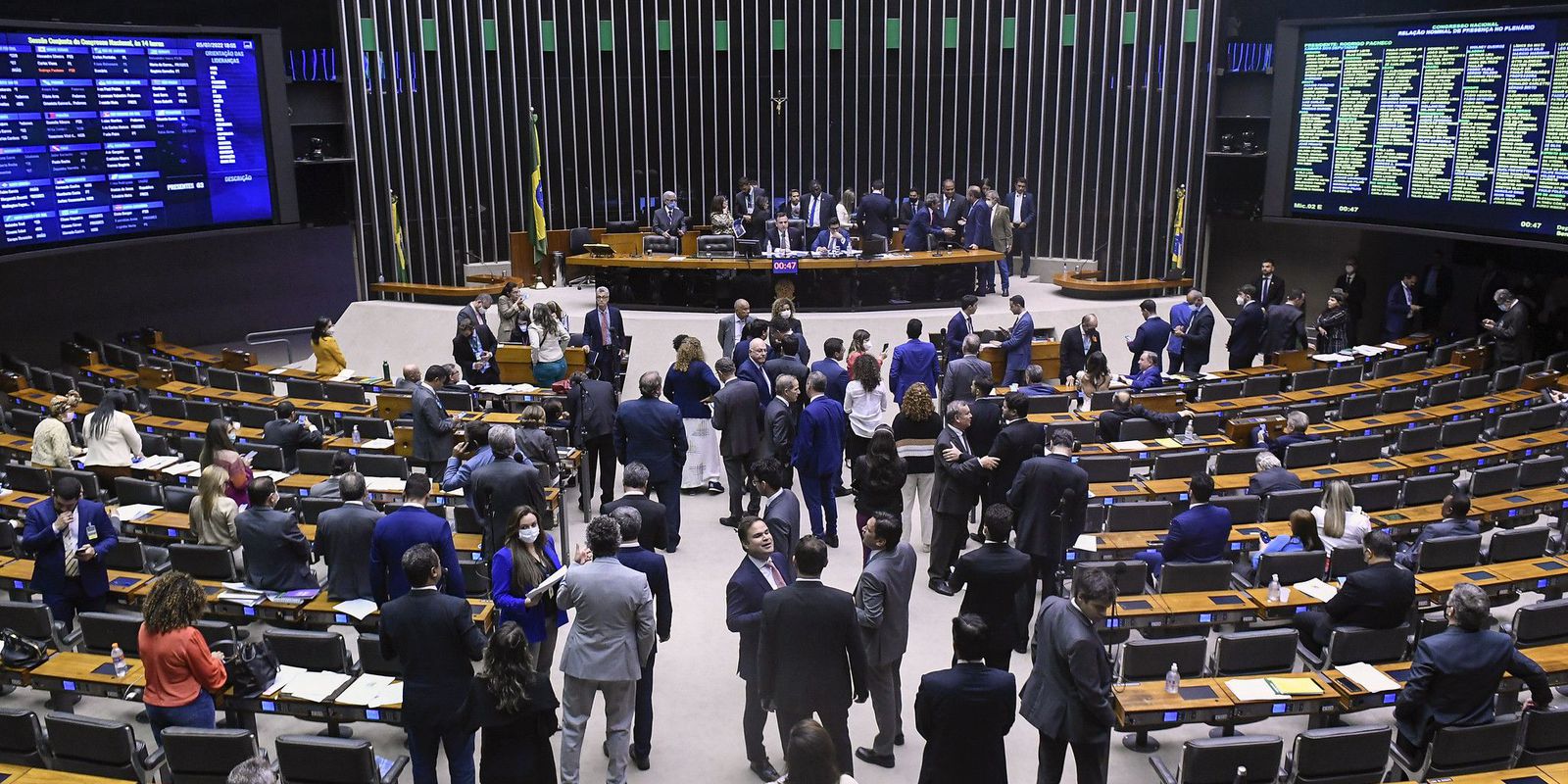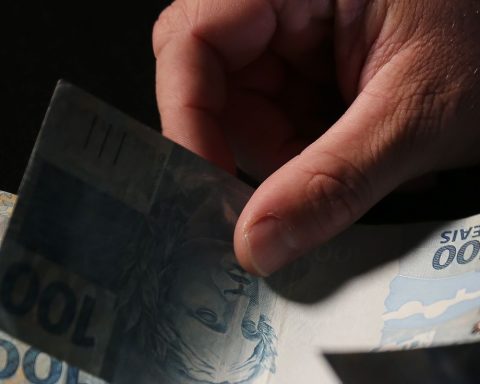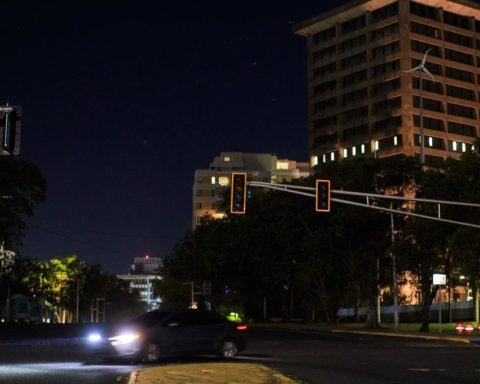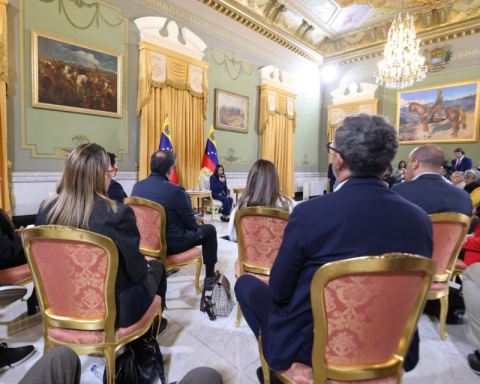The National Congress overturned this Tuesday (5) the presidential vetoes of the Aldir Blanc National Policy for Fostering Culture, known as the Aldir Blanc 2 Law, and the Paulo Gustavo Law. The two measures deal with the release of resources to help the cultural sector after the area was heavily hit by the covid-19 pandemic. In a joint session of the National Congress, deputies and senators overrode the vetoes after building an agreement.
The Aldir Blanc Law 2 provided for annual transfers of R$ 3 billion from the Union to states and municipalities for actions in the cultural sector, which was fully vetoed by President Jair Bolsonaro. The veto overturned concerns actions and activities that could be financed, such as exhibitions, festivals, popular parties, fairs and shows, awards, courses, granting of scholarships and cultural exchange, among others. The policy will be valid for five years. The law remains for enactment.
The Paulo Gustavo Law provides for the transfer of R$ 3.8 billion for emergency actions in the cultural sector throughout the country. According to the proposal, the resources will come from the financial surplus of the National Culture Fund (FNC). The Union will have to send the money to the states, the Federal District and municipalities so that it can be used in initiatives aimed at combating and reducing the effects of the covid-19 pandemic on the cultural sector. The law is also pending enactment.
Nise da Silveira
Congress also overrode the presidential veto on the inscription of the name of psychiatrist Nise da Silveira in the book of Heroes and Heroines of the Homeland. The vetoed law follows the enactment. Created in 2007, the book of Heróis e Heroínas da Pátria is intended “for the perpetual record of the name of Brazilians and Brazilian women or groups of Brazilians who have offered their lives to the Homeland, for its defense and construction, with exceptional dedication and heroism” .
Since she started working in the 1940s, psychiatrist Nise da Silveira has pioneered the defense of humanized treatments for mental disorders, as opposed to the most common asylum methods at the time, such as electroshock, lobotomy and confinement. Her work with occupational therapy, especially through art with images, developed at Casa das Palmeiras, an institution she founded in 1956, achieved wide international recognition.

















